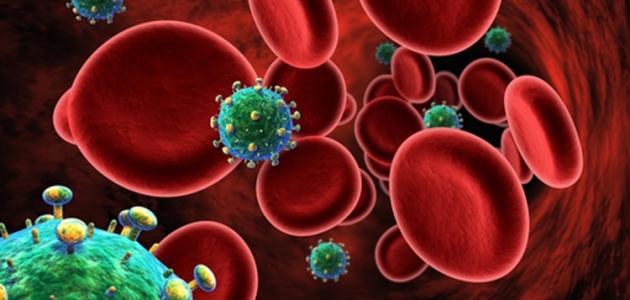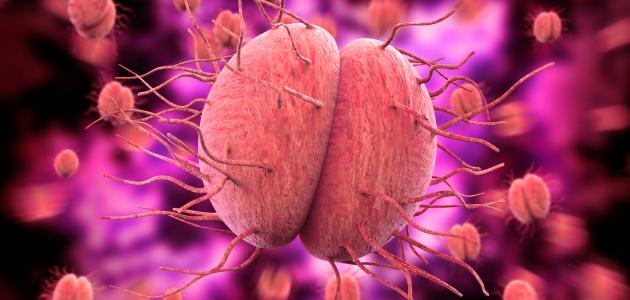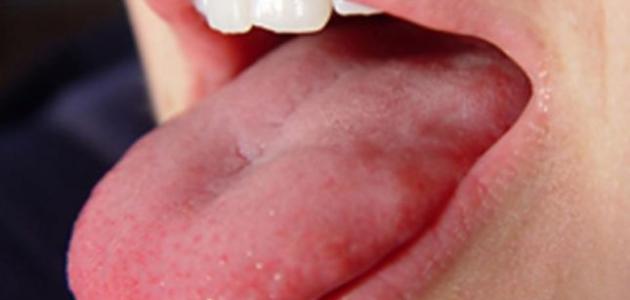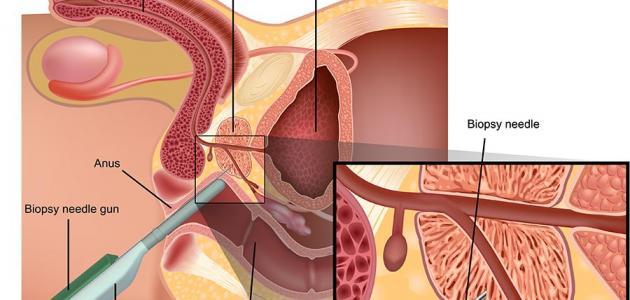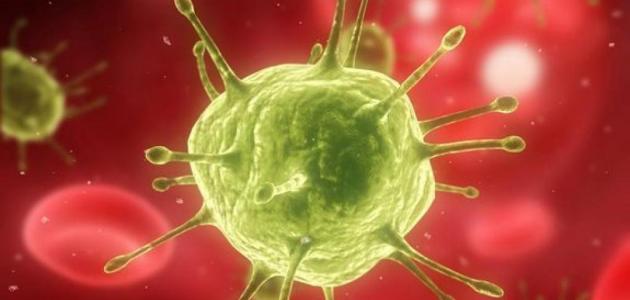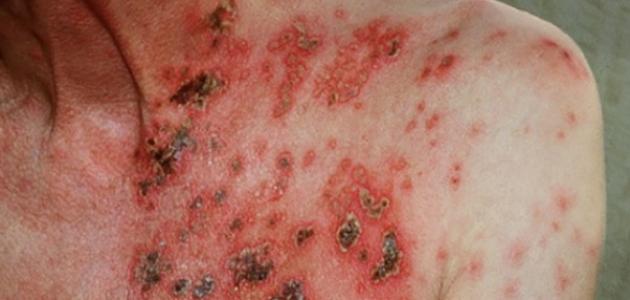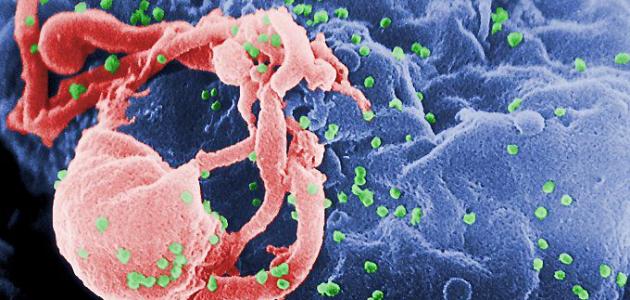Contents
Gonorrhea
It can be defined for gonorrhea as a sexually transmitted disease, which is transmitted by bacteria known Actinsrih structure , and is primarily the occurrence of inflammation of the mucous membranes for the reproductive system and urethra, and in fact is gonorrhea from Common diseases, as the World Health Organization estimated the number of people infected with it annually at approximately 62 million, and it should be noted that the increase in the number of cases of it was clearly noticed after the mid-1990s. [1]
Symptoms of gonorrhea
In fact, it is worth noting that there are some people with gonorrhea who do not show any symptoms or signs, and this does not prevent that these people are able to transmit the infection to others, and it is worth noting that those people who do not show symptoms may be more able to transmit the infection to others. As for people who show symptoms, this usually occurs within two to fourteen days from the moment of exposure to the bacteria, and the symptoms can be detailed as follows: [2]
- Symptoms of gonorrhea in males: men with gonorrhea may not show any symptoms , and on the other hand, some symptoms may appear to them after exposure to the bacteria for several weeks, and it can be said that most male infected people have symptoms of infection a week after the infection reaches them, and it should be noted That the bacterial infection that causes gonorrhea may remain in the body in some cases for a few weeks even after the patient receives the appropriate treatment, and the damage to the urethra and testicles in particular may persist, and the pain may reach the rectum, and back to talking about the beginning of the symptoms of this disease in men, it is often What begins with a feeling of burning or pain during urination , and as the disease progresses, other symptoms appear on the patient, which can be summarized as follows:
- Urgent need to urinate or frequent need to go to the toilet in order to urinate.
- The appearance of pus-like secretions from the penis, and these secretions are often green, white, or yellow.
- Redness and swelling of the area that represents the opening of the penis.
- Feeling of pain or swelling in the testicles .
- Constant pain in the throat.
- Symptoms of female gonorrhea: Many women with gonorrhea do not show any symptoms indicating their suffering from this disease, and even if some symptoms appear, they are often mild or similar to symptoms of other diseases such as bacterial infection And vaginal fungus infection, and perhaps this explains the difficulty of diagnosing such cases, and among these general symptoms are the following:
- Vaginal secretions, which are often greenish-liquid like water.
- Feeling pain or burning during urination.
- The need to urinate more often than usual.
- The abundance of menstruation or mottling.
- Feeling sore throat.
- Feeling pain during sexual intercourse.
- Fever .
- Feeling of sharp pain in the lower abdomen.
Gonorrhea complications
Leaving gonorrhea untreated may lead to the emergence of some complications, the most important of which can be explained below: [3]
- Infertility in women: If untreated, gonorrhea may spread to the fallopian tubes and uterus, causing what is known as pelvic inflammatory disease, which is considered a serious infection that requires immediate treatment, and in fact this disease causes scarring in the fallopian tubes. This increases the risk of pregnancy problems and infertility in general.
- Infertility in men: In cases where it is left untreated, gonorrhea may cause the sufferer to suffer what is known as Epididymitis. In fact, epididymitis is a treatable condition, but if it is left untreated, the patient may suffer from infertility.
- The spread of infection: The bacteria that cause gonorrhea may be transmitted through the blood to other parts of the body, including the joints , and this causes the patient to suffer from joint infection as well as infection of the other parts that connect to it, and it should be noted that the patient may suffer in these cases Symptoms include fever, rash, skin sores, joint pain, and possibly swelling and stiffness.
- Increase the risk of contracting AIDS: People with gonorrhea is more susceptible to infection with human immunodeficiency that causes the acquired immunodeficiency syndrome .
- Complications in children: Gonorrhea can be transmitted from the mother to her fetus at birth, and this may result in the fetus suffering from blindness, the appearance of sores and infection.
Treating gonorrhea
In fact, there are no home remedies or over-the-counter medicines to treat gonorrhea, but there are some types of antibiotics that are mandatory in such cases, and one of these is Ceftriaxone, which is given as a one-time intramuscular injection, and there is also The antibiotic known as Azithromycin , which is given by mouth once, and after giving the patient the appropriate antibiotic, the patient begins to feel better, and it should be noted that there are cases that resist these antibiotics, and then it is worth treating the patient in a stronger way, it may need to give two Of antibiotics, and it may take longer. [2]
References
- ↑ "Gonorrhea" , www.britannica.com , Retrieved April 22, 2018. Edited.
- ^ A b "Gonorrhea" , Www.healthline.com , Retrieved April 22, 2018. Edited by .
- ↑ "Gonorrhea" , www.mayoclinic.org , Retrieved April 22, 2018. Edited.

